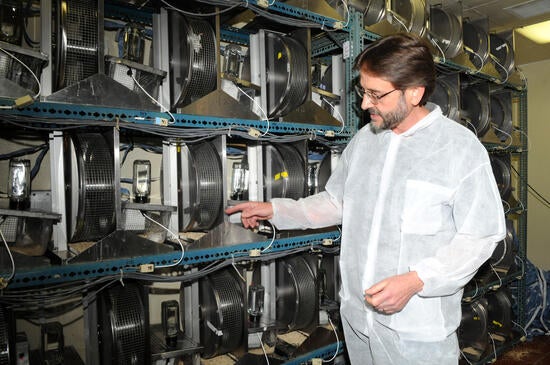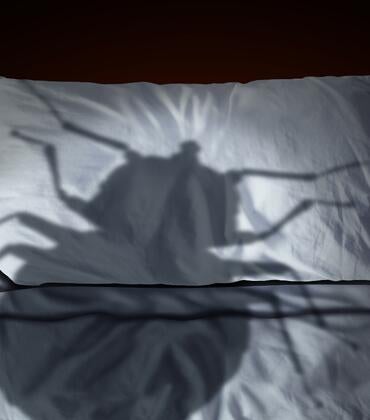
Individuals who are physically fit may be better equipped to handle the negative effects of dehydration, according to research from the University of California, Riverside. In a study using selectively bred “high-runner” mice, the scientists found that fitter animals increased their voluntary running activity when deprived of water — a finding that could have implications for human performance and health under environmental stress.
“Physical fitness has many well-known benefits, but this research highlights a benefit people may not have considered,” said Theodore Garland, a distinguished professor of evolution, ecology, and organismal biology who led the research team. “Being in good shape may help the body and the brain better cope with the challenges of dehydration.”
The study, published in Physiology and Behavior, began as an exploration of how dehydration affects voluntary activity. The researchers looked at how 24 hours of water deprivation affected voluntary wheel-running behavior and body mass in laboratory mice. To maximize the chance of seeing effects, the study used mice from high runner (HR) lines, which run about three times more than standard control (CON) mice, are physically fitter, and run closer to their aerobic limits.
“These HR mice have been selectively bred for more than 30 years,” Garland said. “They consistently show high motivation to run, even when food-restricted or sleep-deprived. They’re sort of the endurance athletes of the mouse world.”
In the experiments, HR and CON mice of both sexes ran on wheels for six days. On the seventh day, the researchers removed water for half the mice for 24 hours. The others had free access to water.
“What we found was surprising: our HR mice ran more distance and faster when they didn’t have access to water, and, in some cases, for longer periods,” Garland said. “Despite losing body weight — a sign of dehydration — their activity levels increased. Typically, dehydration is associated with fatigue and reduced activity. Seeing these mice increase their running in that state was quite remarkable.”
The team proposes a possible explanation: a behavioral phenomenon known as reward substitution. In this theory, the mice substitute the reward they usually get from drinking water (a primary biological drive) with the reward they get from running (which may also be a biological drive).
“If a rewarding activity, such as drinking water, is removed, the brain may compensate by increasing another rewarding behavior, such as running,” Garland said. “Mice from the HR lines were able to do this because of their greater physical fitness, as compared with ordinary CON mice.”
Garland believes the findings may hold implications for humans, particularly in a warming world.
“With rising global temperatures and decreasing water availability, dehydration is becoming a more common challenge,” he said. “Our data suggest that individuals who are more physically fit may be better able to maintain performance, even when mildly dehydrated.”
The research may also be relevant to those working in physically demanding outdoor occupations.
“Agricultural and construction workers often face high heat and limited opportunities for water breaks,” Garland said. “The idea that better fitness could provide a physiological buffer against dehydration could have real-world importance.”
Garland cautions that the study should not be interpreted as a recommendation to restrict water intake.
“We did not test whether training under mild dehydration could make someone more resilient,” he said. “That would require careful investigation. For now, staying hydrated remains essential.”
The findings build on decades of research in Garland’s laboratory, which has long focused on the genetics and physiology of voluntary exercise. The lab is now expanding its work to examine other environmental influences on exercise motivation.
“We’re currently analyzing data from a study involving peppermint essential oil to see whether certain odors can affect exercise behavior,” Garland said. “We’re also finalizing a paper on sleep deprivation and voluntary running.”
The work was supported by the National Science Foundation and the UCR Agricultural Experiment Station.
Garland was joined in the study by Nicole E. Schwartz, a doctoral student, and Melanie R. Alva, an undergraduate.
The title of the paper is “Differential effects of acute total water deprivation on voluntary exercise behavior and body mass in laboratory house mice.”
Header image credit: pixdeluxe/Getty images.

Speak Up for Science!
Science makes our lives better. Now it’s at risk. Join us in asking Congress to reject drastic cuts to research.




